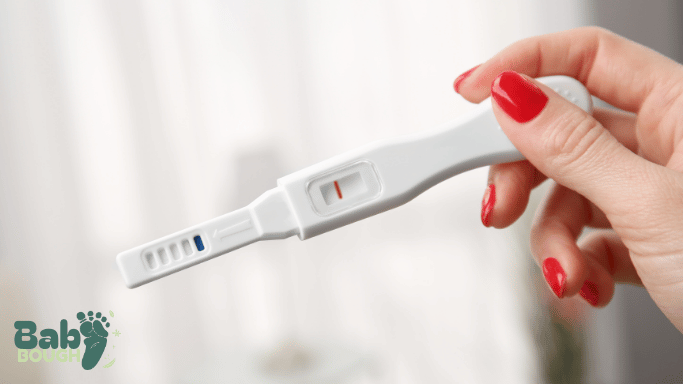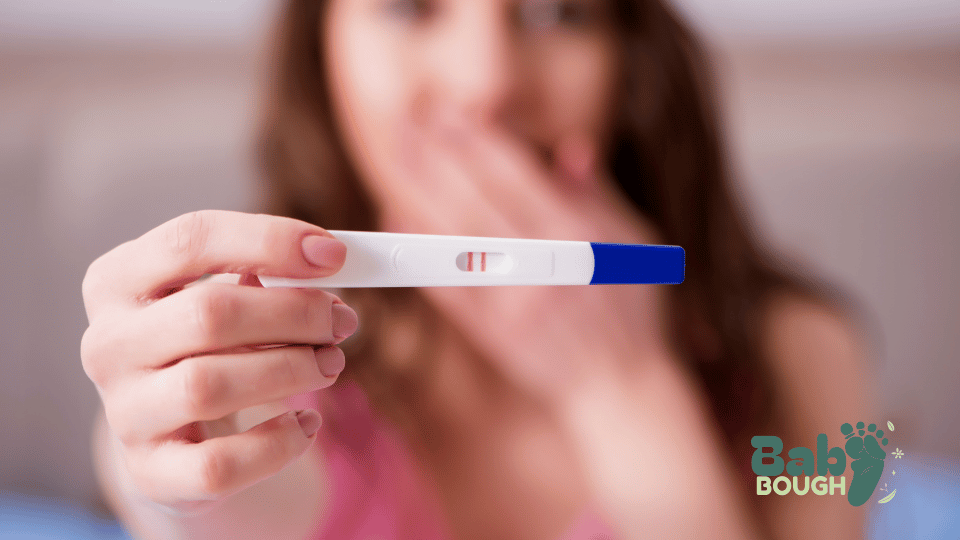
When you’re waiting to find out if you’re pregnant, taking a pregnancy test can feel both thrilling and nerve-wracking. Whether it’s your first time using one or you’re familiar with the process, there are often questions about how they work, when to take them, and what the results mean. In this guide, we’ll cover everything you need about pregnancy tests, from understanding the different types to tips for getting the most accurate results.
1. How Pregnancy Tests Work
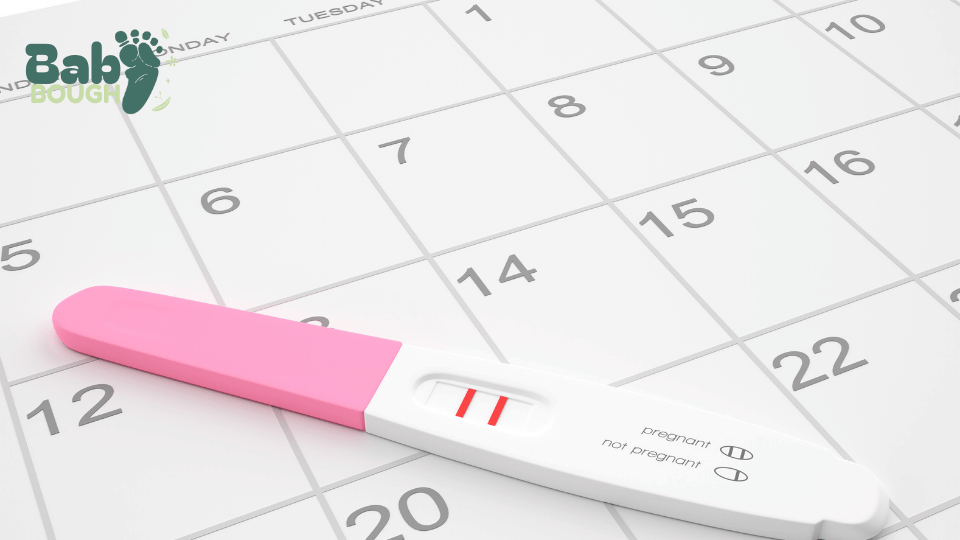
Pregnancy tests identify the hormone hCG (human chorionic gonadotropin), produced by the placenta soon after a fertilized egg attaches to the uterine lining. Since hCG is only present during pregnancy, it serves as a reliable indicator for most tests. As hCG levels rise in the early stages of pregnancy, the hormone becomes more detectable.
Learn more about how hCG affects pregnancy here.
2. Types of Pregnancy Tests: Urine vs. Blood Tests
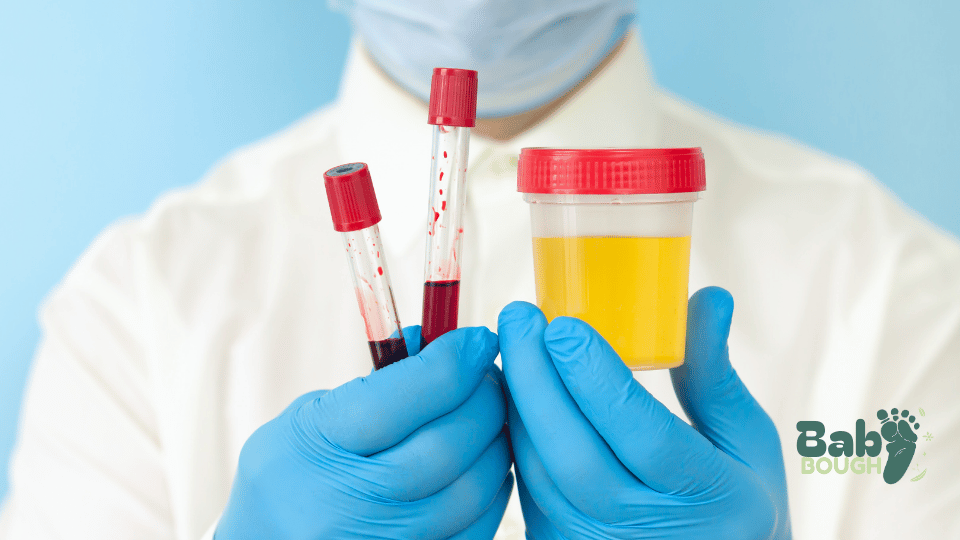
There are two main types of pregnancy tests: urine tests, which are easily available over-the-counter, and blood tests, which are usually performed in a doctor’s office. Urine tests are convenient and private, while blood tests are more sensitive and can detect pregnancy at an earlier stage.
Advice: If you’re looking for a quick and private option, an at-home urine test may be your best choice. For earlier or more conclusive results, a blood test at a healthcare provider’s office may be preferable.
3. When to Take a Pregnancy Test

The reliability of a pregnancy test is greatly influenced by the timing. Most at-home tests are accurate from the first day of a missed period, though some sensitive tests claim to detect pregnancy a few days earlier. hCG levels need time to rise after implantation, so testing too early can result in a false negative.
Advice: For the most reliable results, wait until the day your period is expected to start or, if possible, a few days after.
4. The Accuracy of Home Pregnancy Tests
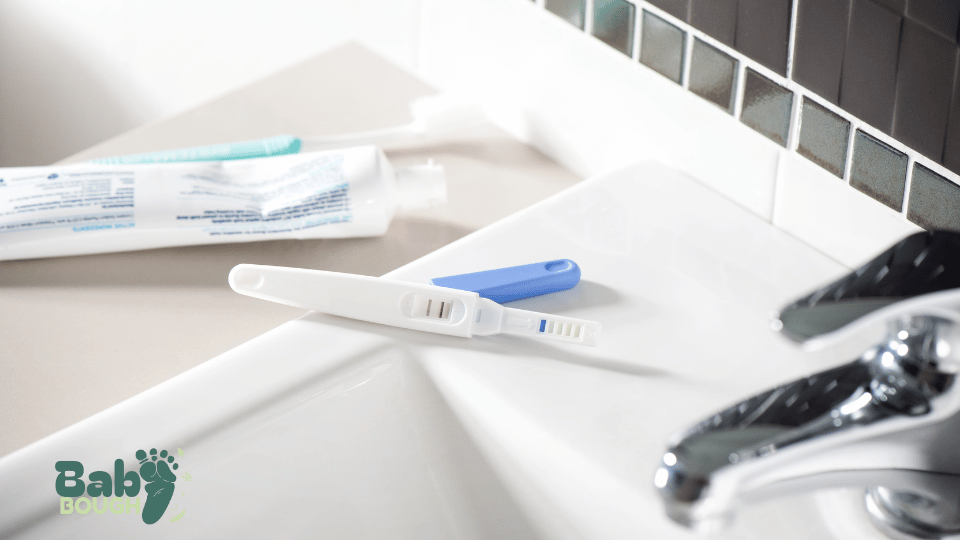
When used correctly, home pregnancy tests have an accuracy rate of over 99%. However, factors like testing too early, using diluted urine, or not following the instructions correctly can affect their accuracy. For more reliable results, it’s best to use first-morning urine, as it has higher levels of hCG.
Advice: Be sure to read the instructions thoroughly and follow them precisely for optimal results. Taking the test again after a few days can help confirm the results.
Check out more tips on accurate home pregnancy testing here.
5. Interpreting the Results: What a Positive or Negative Test Means

A positive test typically means you’re pregnant, especially if the test is taken on or after the first day of your missed period. A negative test can mean you’re not pregnant, or it may indicate that it’s too early to detect hCG. Some tests also have faint lines, which can be confusing.
Advice: If you get a faint line, it’s likely a positive result, but testing again after a day or two can provide clarity. If the second line is more visible, hCG levels are likely rising, indicating pregnancy.
6. False Positives and False Negatives: What Can Cause Them?

Though rare, false positives and false negatives can happen. A false positive may occur due to recent pregnancy loss, fertility treatments, or certain medical conditions. A false negative often results from testing too early or using diluted urine.
Advice: If you receive an unexpected result, consider retesting after a few days. Consulting a healthcare provider can also help clarify any uncertainties, especially if your result doesn’t match your symptoms.
7. Digital vs. Line Pregnancy Tests: Which One to Choose?

Digital pregnancy tests display results as “Pregnant” or “Not Pregnant,” eliminating the guesswork that sometimes comes with line tests. Line tests, on the other hand, can be more affordable and are often available in multi-packs, allowing for repeated testing.
Advice: If you prefer a straightforward answer, opt for a digital test. However, if you’re testing multiple times, line tests may be more economical.
Explore different pregnancy test options here.
8. Early Detection Tests: Are They Worth It?

Some tests claim to detect pregnancy up to six days before a missed period, but their accuracy decreases the earlier you test. While early detection tests can be tempting, they may result in false negatives due to low hCG levels.
Advice: If you choose an early detection test, consider it a preliminary result and plan to test again closer to your expected period for confirmation.
9. Pregnancy Test Sensitivity: How It Affects Results

Not all pregnancy tests have the same sensitivity to hCG levels. Tests with higher sensitivity can detect lower levels of hCG, which is beneficial for early testing but may also lead to faint lines that can be confusing.
Advice: Check the packaging for information on sensitivity levels (usually measured in mIU/mL). Choosing a test with higher sensitivity may be helpful if you’re testing early but be prepared for potential faint lines.
10. When to See a Doctor for Confirmation
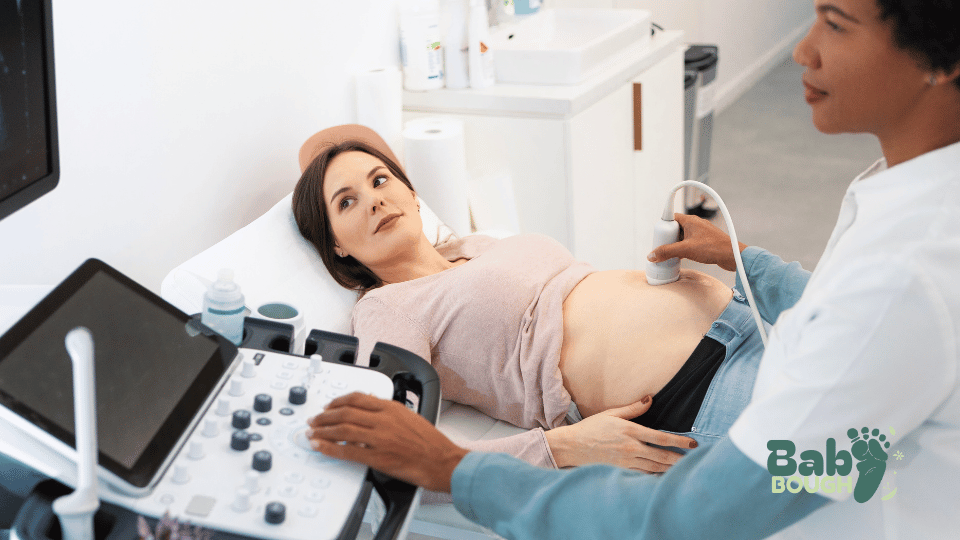
While home tests are highly accurate, visiting a healthcare provider can provide additional confirmation and information on your pregnancy’s progression. Blood tests or an ultrasound can offer further insights, particularly if you experience unusual symptoms or have irregular cycles.
Advice: Schedule an appointment if you get a positive home test result or if you have questions about your symptoms. A healthcare provider can confirm the pregnancy and help you start prenatal care.
Learn more about confirming pregnancy with a doctor here.
Conclusion
Taking a pregnancy test is a major first step in your pregnancy journey, and understanding the process can help make it a positive experience. From knowing when to test to interpreting the results and understanding your options, these tips empower you to approach this milestone with confidence. If ever in doubt, your healthcare provider is there to provide support and clarity, ensuring you’re fully informed and prepared for the journey ahead.

